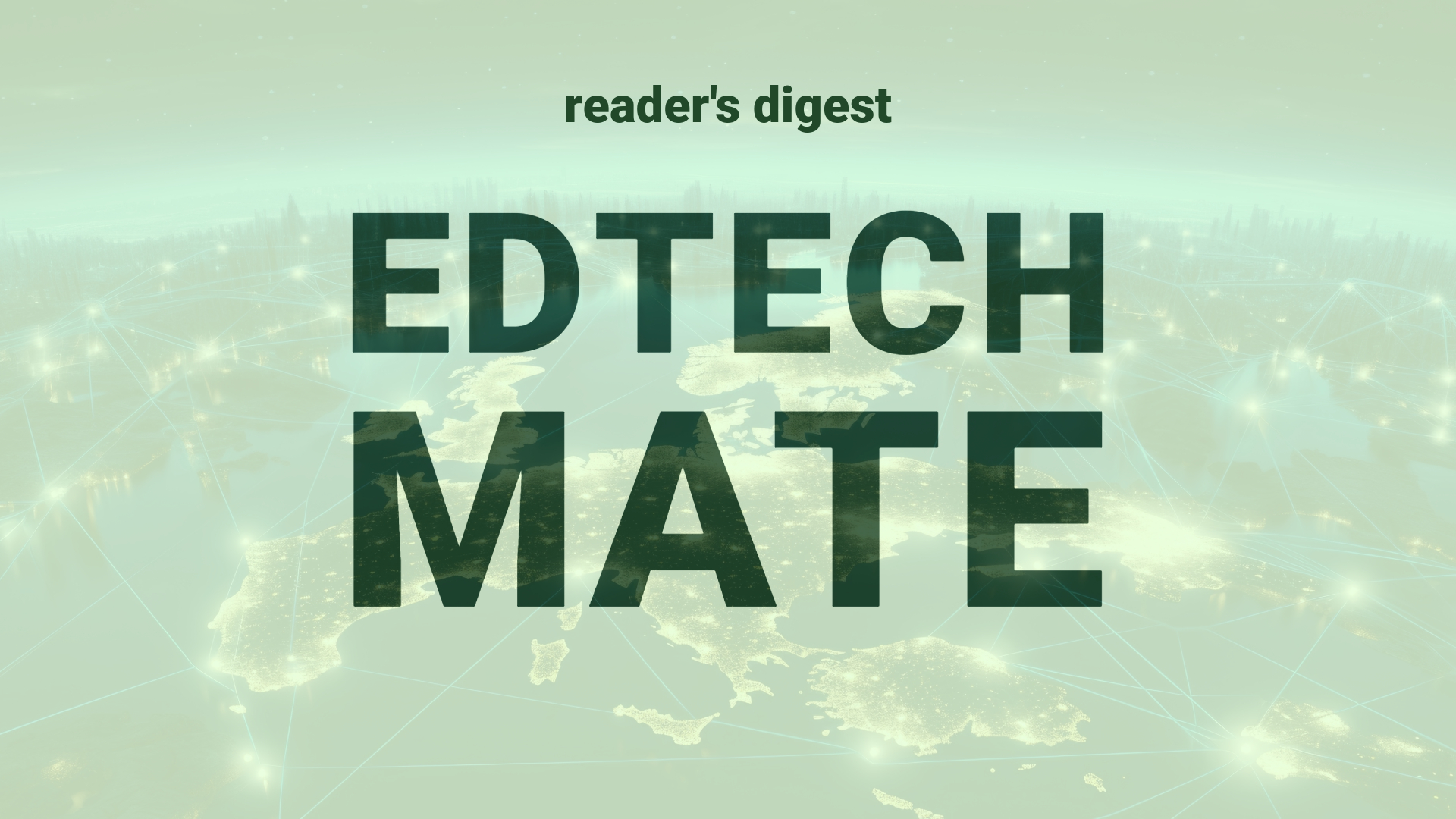“`html
Executive Summary and Main Points
Key innovations in enterprise artificial intelligence (AI) are advancing towards the concept of artificial consciousness, necessitating substantial compute power and control. This progression demands an intricate blend of control plane nodes and advanced storage systems, alongside the next generation of AI algorithms. The focus lies on equipping servers with significant memory and storage capabilities to manage the computational needs of real-time processing. The orchestration of complex computing environments is streamlined through a minimum of seven nodes per tenant, ensuring the necessary scalability and resilience. Storage architectures are meticulously engineered, featuring a mix of server types for high-performance computing tasks. Consequently, to advance toward artificial consciousness systems, enterprises must first perfect the AI hardware framework to pave the way for sophisticated AI software stacks and services.
Potential Impact in the Education Sector
This AI hardware evolution could be transformative for Further Education and Higher Education, fostering new research opportunities and enhanced learning experiences through artificial consciousness. In terms of Micro-credentials, such technology can enable personalized learning pathways and real-time skills assessment, fostering a more adaptive education environment. Strategic partnerships between educational institutions and AI technology providers might materialize, focusing on digital transformation initiatives and creating education infrastructures that are equipped to support the AI demands of future curricula and research projects.
Potential Applicability in the Education Sector
Innovative applications in global education systems could include AI-facilitated research platforms that allow for complex data analyses and simulations. Virtual labs and digital learning tools powered by advanced AI hardware can enable students to engage with large datasets and computational tasks. This technological foundation could also facilitate the development of AI-driven adaptive learning platforms and research into the educational implications of artificial consciousness, with potential to revolutionize teaching methodologies and learning outcomes.
Criticism and Potential Shortfalls
While the pursuit of artificial consciousness through enhanced hardware capabilities presents exciting opportunities, a critical analysis reveals potential shortfalls. Ethical concerns regarding data privacy and the imaginable autonomy of AI systems must be addressed. Additionally, the cultural impact and accessibility of such technology in diverse international education settings present variable challenges. Examples include the disparity in resource availability between developed and developing countries, which could widen the digital divide. Therefore, comparative international case studies are crucial to evaluate the realistic adoption and adaptation of these AI advancements across different socio-cultural contexts.
Actionable Recommendations
International education leadership should explore the strategic integration of advanced AI hardware within their institutions by forming partnerships with technology providers. Initial pilot projects may focus on specific disciplines where AI can significantly enhance learning or research. Developing training programs on AI literacy and ethics for educators and students will be essential. Moreover, educational institutions should engage in global dialogues to share best practices and address disparities in AI technology accessibility, ensuring inclusive and equitable advancements in the education sector.
“`
Source article: https://www.cio.com/article/2152228/beyond-ai-building-toward-artificial-consciousness-part-2.html

